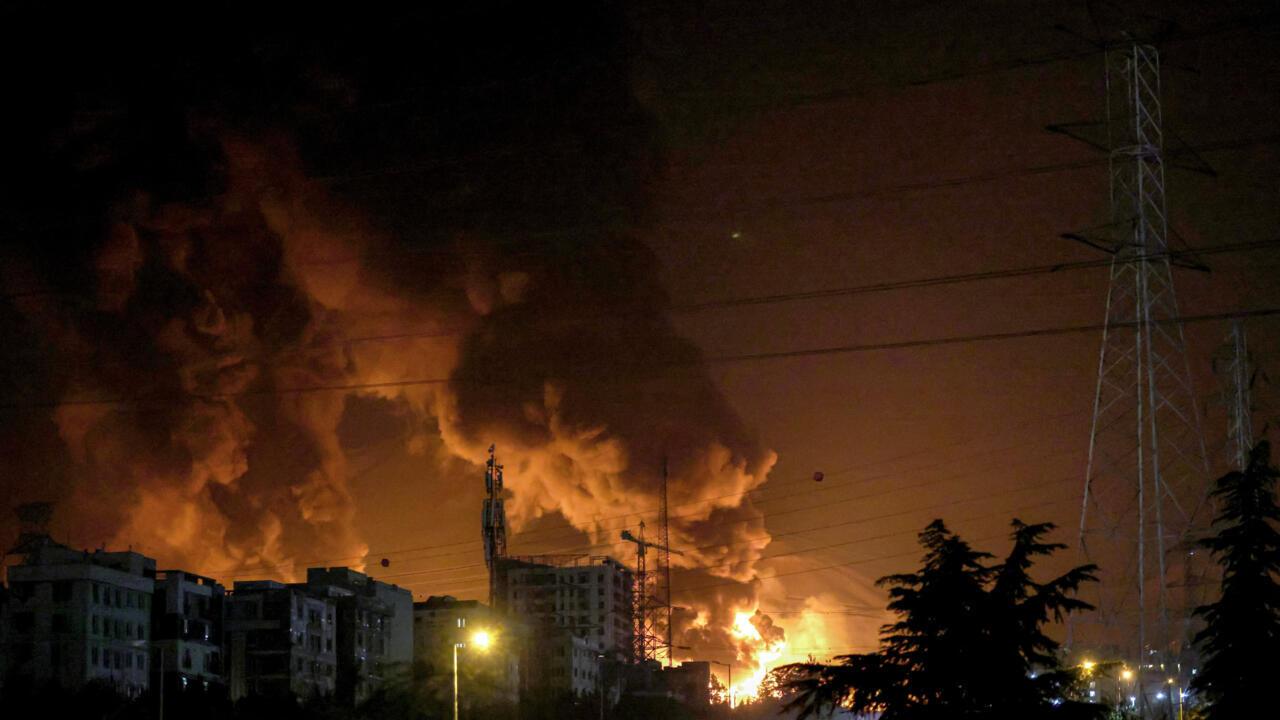The Cracks in the Dream of African Unity

In 1963, beneath the bright sun of Addis Ababa, African leaders stood side by side with hearts full of hope. They had one vision: a united Africa, free from the chains of colonialism and strong enough to chart its own destiny. From that gathering, the Organisation of African Unity (OAU) was born—a symbol of solidarity and a promise to future generations.
But as the years unfolded, the dream began to stumble. The lines drawn on maps by colonial rulers had left deep scars. Borders sliced through tribes, languages, and histories, turning brothers into foreigners overnight. Instead of erasing those boundaries, many leaders built walls around them.
Unity grew weaker as leaders pulled in different directions. Some clung to power through dictatorship, others experimented with democracy, each guarding personal ambitions above collective progress. The continent became a stage for conflicts, coups, and crises, each one testing the fragile bonds of togetherness.
The African Union, formed in 2002 to replace the OAU, promised a stronger, louder voice. But too often, its voice was drowned out by disunity. Regional blocs—ECOWAS in West Africa, SADC in the South, EAC in the East—focused on their own paths, sometimes ignoring the bigger African vision.
Economically, Africa struggled. Roads that could connect nations remained unfinished, railways stopped at borders, skies were divided, and trade agreements were slow to take root. A farmer in Kenya still found it easier to sell his produce in Europe than in Nigeria. Meanwhile, foreign powers returned with loans, aid, and promises—keeping Africa dependent, not free.
Language, too, stood as a wall. English to English, French to French, Arabic to Arabic—millions of Africans could not understand one another, while their leaders debated unity in borrowed tongues.
And so, ordinary Africans began to ask quietly: what does unity mean for us?
Yet the dream is not dead. It lingers in the voices of young people pushing for the African Continental Free Trade Area, in entrepreneurs building tech hubs that cross borders, in musicians and storytellers blending cultures, and in citizens who believe that one Africa is still possible.
The house of African unity was built with weak foundations—but it has not collapsed. The cracks remain, yes, but so does the hope that one day, the continent will rise, not as fifty-four scattered voices, but as one.








